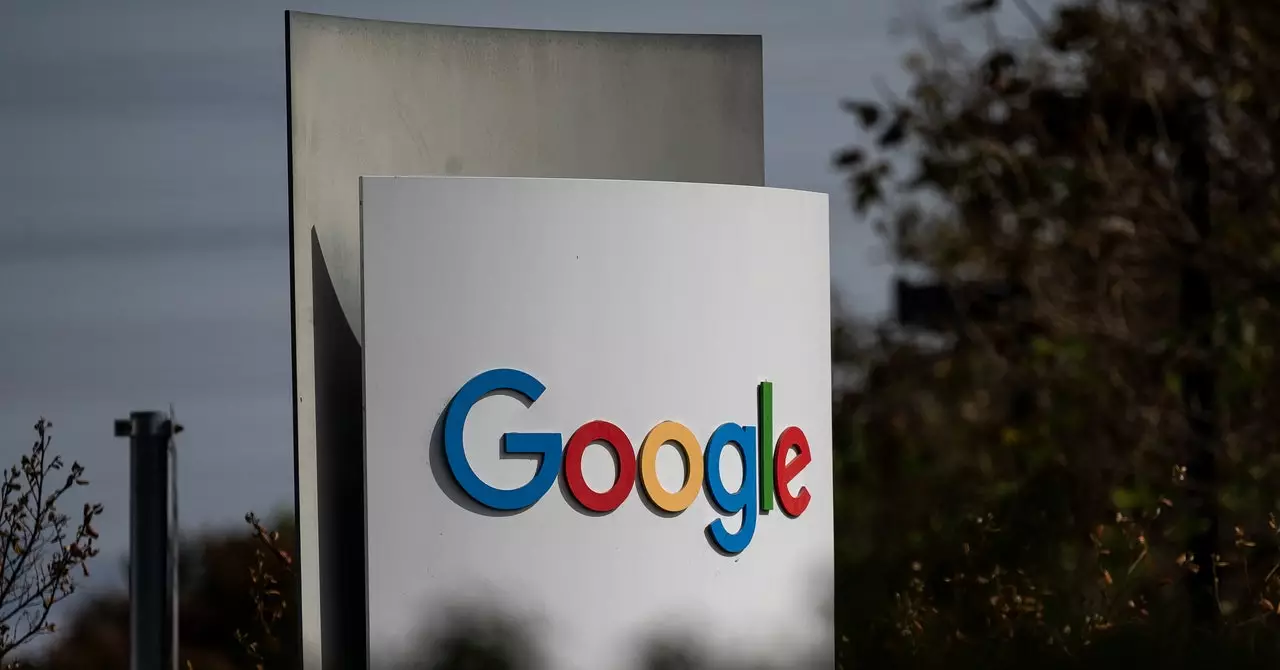In a rapidly evolving landscape of artificial intelligence and digital interaction, Google is now at a critical juncture. With its generative AI project, Gemini Assistant, aiming to compete against OpenAI’s ChatGPT, the company is challenged not only by emerging technologies but also by a stringent regulatory environment. The recent announcements concerning the federal court’s scrutiny of Google’s practices highlight the balance the tech giant must strike between innovation and compliance with antitrust laws.
Recently, Google has found itself under the watchful eye of U.S. federal authorities. In a court filing that could reshape the company’s operational strategies, Google proposed a set of self-imposed restrictions intended to comply with antitrust regulations. These proposed changes aim to limit the company’s ability to condition its partnerships on the promotion of its generative AI, Gemini, particularly among device manufacturers, web browsers, and wireless carriers. The Justice Department, having raised significant concerns about Google’s dominance in the search engine market, argues that the tech titan should loosen its control over partners and provide greater transparency with data sharing.
This legal landscape following a major ruling by District Judge Amit Mehta, who determined that Google violated federal antitrust legislation, sets a precedent that could curb some of the very strategies Google has relied upon to maintain its market lead. Judge Mehta’s ruling underscored the complications surrounding Google’s role as the default search engine, particularly within the iOS ecosystem where lucrative ad revenue agreements have helped bolster Google’s monopoly in both search and digital advertising.
In the uncharted territory of generative AI, Google’s reluctance to make substantial concessions raises questions about the future of Gemini in the competitive landscape. While the tech company has firmly rejected the idea of divesting parts of its business, the implications of its current voluntary restrictions could stunt its potential growth and market agility. The government’s insistence on data sharing renders a complex dilemma: how can Google maintain its competitive edge without compromising its valuable user data?
As Gemini enters a market increasingly dominated by ChatGPT and similar AI platforms, the need for collaboration, innovation, and strategic partnerships becomes more evident. In a world where users gravitate toward familiar and effective platforms, Google faces the risk of losing its competitive advantage if it cannot promote Gemini effectively while adhering to the proposed legal restrictions.
Despite the looming challenges, the prospects for Google and its parent company, Alphabet, seem surprisingly strong. The shares of Alphabet have witnessed considerable rises, reflecting investor confidence even amidst regulatory troubles. The surge, reportedly over 37% in 2024, hints at a robust belief in Google’s long-term capabilities to navigate the tumultuous waters of both AI development and antitrust scrutiny.
The upcoming hearings set to commence in April are pivotal. Expected outcomes could range from strict penalties that might inhibit Google’s operational flexibility to leniencies that allow the tech giant to navigate the competitive arena without drastic changes to their business model. Yet, it’s essential to remember that even after Judge Mehta’s ruling, the process may extend into protracted legal appeals, causing delays in any remedial actions.
For Google to successfully launch Gemini and compete against established players like ChatGPT, it needs a multi-faceted approach. Firstly, Google’s emphasis on user experience must prevail over mere visibility. The existing user base’s loyalty cannot be taken for granted, particularly as users become more discerning about their digital choices. Fostering community engagement and actively promoting user-centered adaptations will be vital.
Secondly, Google should consider transparency as a valuable asset. By building trust with users about how their data is managed and utilized within Gemini, the company could differentiate its AI while complying with regulatory scrutiny. Expanding the value proposition of Gemini by aligning its functionalities with users’ needs can enhance its attractiveness.
While Google stands at a crossroads between innovation and regulation, the ability to adapt and embrace both user-centric design and ethical compliance will determine Gemini’s trajectory in a competitive landscape. The path forward is uncertain, but for a giant like Google, opportunities for reinvention are always on the horizon.


Leave a Reply